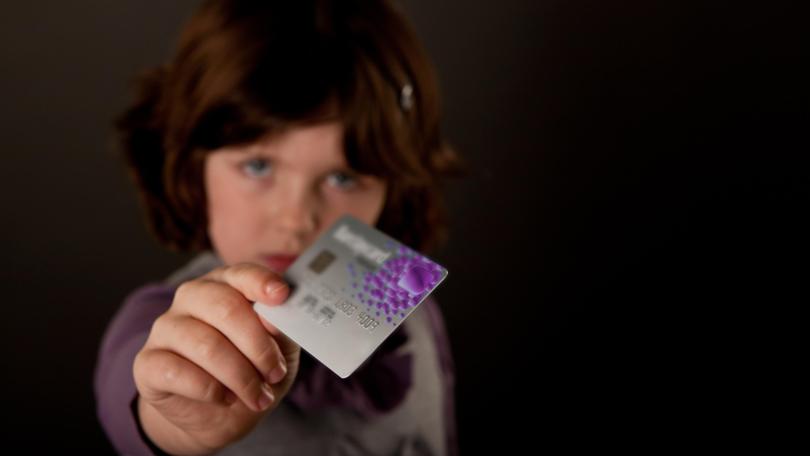Avril Liljekvist: Cash or card? Both offer a chance for parents to help young minds manage money
Cash or a debit card? In an increasingly cashless society, which is best to help parents teach their children about money and how to manage their finances?

I have a confession I feel too many parents might understand right now — I am terrible at giving my children their pocket money.
Before I was working full-time, I went and collected rolls of $1 coins at the bank and handed them over diligently, going with the “spend one, save one, give one” model.
But now I am finding that the weeks go by and we’ve all forgotten that pocket money was ever a thing in my house.
Sign up to The Nightly's newsletters.
Get the first look at the digital newspaper, curated daily stories and breaking headlines delivered to your inbox.
By continuing you agree to our Terms and Privacy Policy.Is pocket money important? Not really — even my children forget about it. Chores are not linked to pocket money in our family, so there is no immediate sense of injustice or labour exploitation. (My eldest would definitely organise industrial action if he felt that was the case).
When they do remember, they don’t mind me providing them with $10 during the school holidays to make up for neglect over the 10-week term, so I’ve gotten away with it.
Spending pocket money is quite different.
To create wealth we need to spend less than we earn, and teaching this principle to our children needs to be done in a practical way.
Creating a spending plan, learning to treat themselves and set money aside for later, and spending on what matters most to them are important steps to a healthy relationship with money.
Pocket money gives children money to spend as they choose, and the consequences of those choices are usually immediate. Money spent on ice-cream cannot also be spent on Lego.
The process of purchasing things is a step forward in the journey to independence. My eldest child recently discovered they serve children at the supermarket — he was under the impression you had to be 18 to buy things unsupervised.
Since then he’s been exploring the freedom of choosing what he wants and paying for it himself, interacting with the staff or navigating the self-service checkout. He knows his budget and does the maths to make sure he has enough to buy what he wants.
When cash is no longer so common — and coming by enough dollar coins to pay out pocket money requires a special trip to the bank — how do we give our children the same opportunities to manage their own money?
The banks are helping us out here by offering debit cards to younger customers, with varying levels of control which can be used by parents to monitor and limit spending. Weekly spending limits and the ability to prevent online transactions make these a viable alternative to piggy banks and jars of coins.
There is an element here of “customers for life” which is reminiscent of the 2018 Commonwealth Bank Dollarmites scandal, and I’m aware that making the choice of bank for my child now can set them on a particular path as a consumer.
But I consider that an opportunity as well. I bank with the same bank that bought my first bank out because it’s convenient not to switch. I suspect that many people don’t regularly review these products and services to see if we can get a better deal elsewhere.
Maybe that’s a conversation we should be having with our children if we’re going to set them up with the same bank, explaining that the reason is not necessarily because the product itself is superior, but that it meets our needs now, or it’s just easier to work with something familiar.
Even in this small microcosm of family life there are opportunities for parents to talk things through with children. For some that’s teaching them how to handle cash, and having the physical coins and notes is going to help in a tactile way.
For others it will be about managing debit cards and reconciling with an online statement. Explicit conversations about the reasoning behind our financial decisions provide context and clarity as our children start to navigate these things for themselves.
One thing I’m sure of, mine will be delighted that I’m seriously thinking about pocket money again, even if I do turn it into another life lesson.
Avril Liljekvist is a financial planner at Nexia Perth Financial Solutions
Originally published as Avril Liljekvist: Cash or card? Both offer a chance for parents to help young minds manage money
